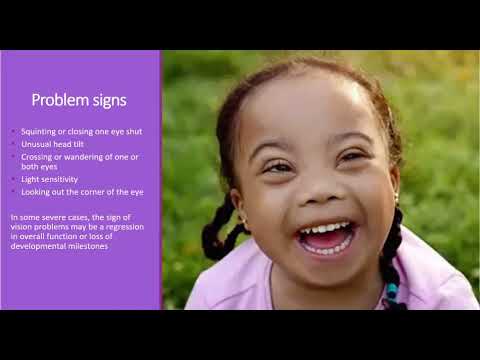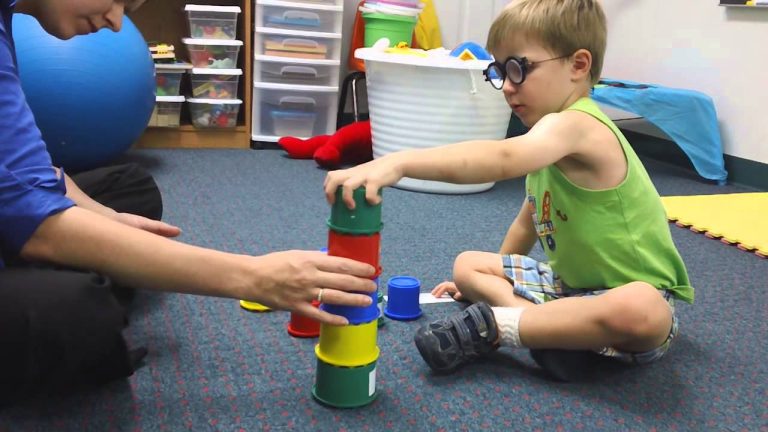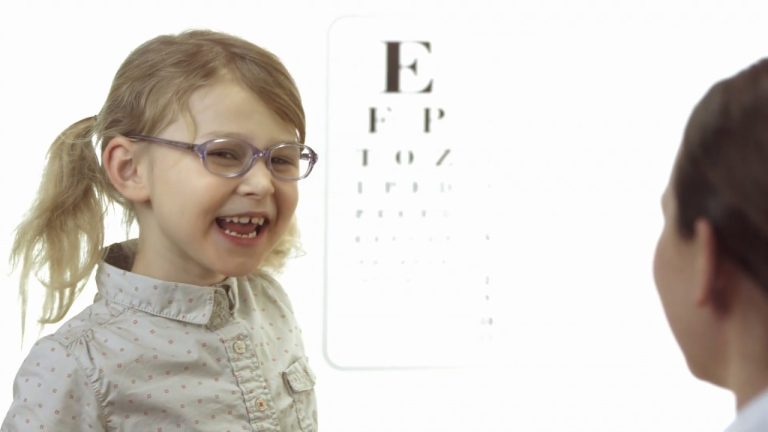Ultimate guide to eye care for children with Down syndrome: Tips and products from optical professionals
Children with Down syndrome require specialized care for their unique needs. One such area is eye care. It is important for parents and caregivers to understand why children with Down syndrome require special attention when it comes to eye health. In this article, we will explore the different eye conditions that affect children with Down syndrome, and how to identify and manage them for optimal eye care.
Children with Down syndrome are at a higher risk of developing eye problems than their typically developing peers. According to the American Association for Pediatric Ophthalmology and Strabismus, up to 60% of children with Down syndrome have eye problems that require treatment. Therefore, regular eye checks are important in monitoring and addressing any issues that may arise.
Common eye problems for children with Down syndrome
Children with Down syndrome are prone to several eye conditions such as:
- Refractive errors: Farsightedness, nearsightedness, and astigmatism are common in children with Down syndrome. These conditions can affect their ability to see clearly and may require prescription glasses.
- Cataracts: Children with Down syndrome are prone to developing cataracts, a clouding of the lens in the eye that can lead to impaired vision.
- Strabismus: This is a condition where the eyes do not align properly. Children with Down syndrome may develop strabismus, which can cause double vision, poor depth perception, and other vision problems.
- Amblyopia: Also known as lazy eye, amblyopia is a condition where the brain favors one eye over the other, leading to reduced vision in the weaker eye.
How to promote healthy eyes in children with Down syndrome?
To promote healthy eyes in children with Down syndrome, parents and caregivers can:
- Schedule regular eye exams: Eye exams should be scheduled at least once a year, or more often if recommended by an ophthalmologist.
- Encourage good eye hygiene: Clean the child’s eyes and eyelids with a warm, damp washcloth to remove any discharge. Use artificial tears or lubricating eye drops to keep the eyes moist.
- Ensure good nutrition: A healthy, balanced diet rich in vitamins A, C, and E, and omega-3 fatty acids helps promote good eye health.
- Provide protection: Wear appropriate protective eyewear when engaging in sports or other activities that may increase the risk of eye injury.
In conclusion
Children with Down syndrome require specialized care in many areas of their health, including eye care. Regular eye exams and good eye hygiene practices can help identify and manage any issues that may arise. It is essential to understand the importance of promoting healthy eyes in children with Down syndrome for their overall wellbeing.
Contents
Most wanted in Hoya Vision:
What are prism eyeglass lenses?
Hoya Lens Engravings
What brand lenses does Costco use?
What does +0.25 mean on an eye test?
Do tinted glasses help with migraines?
Should eyeglasses cover eyebrows?
Hoya Identification Chart
What LED light is best for broken capillaries?
Does hyperopia worsen with age?
What is the difference between Ray Ban RB and Rx?
















